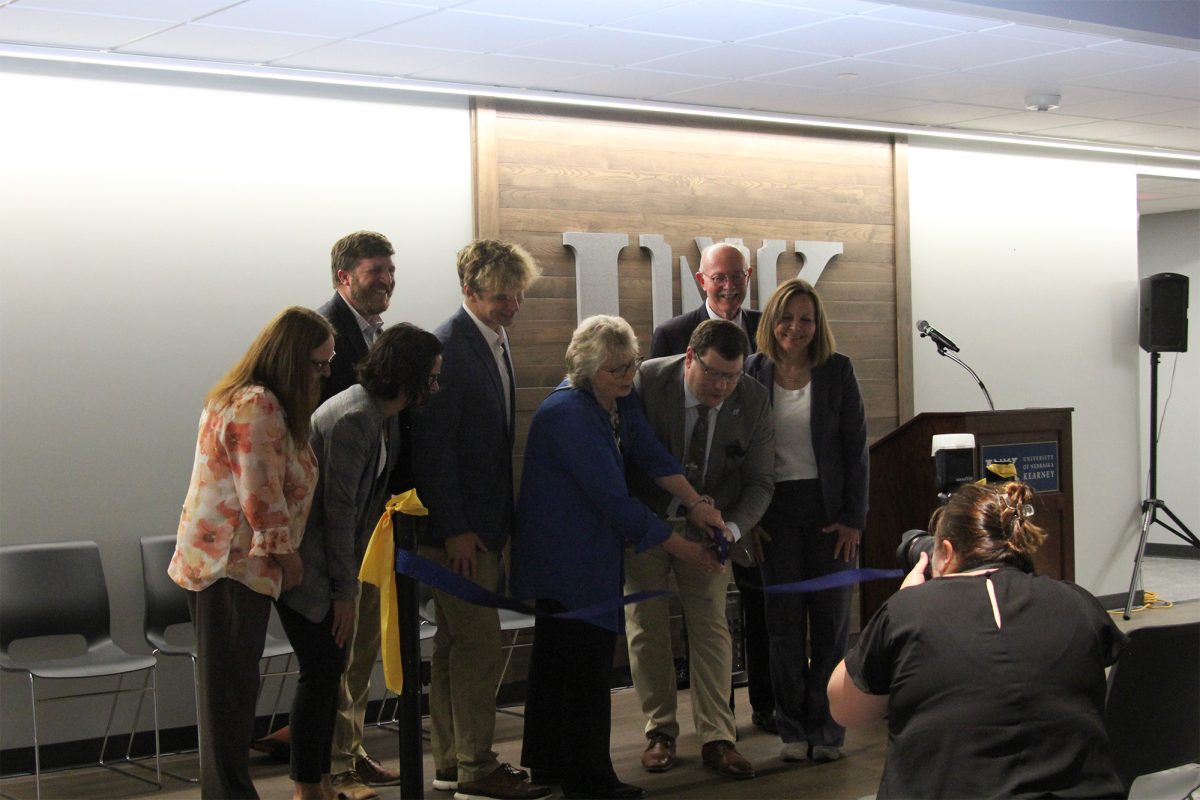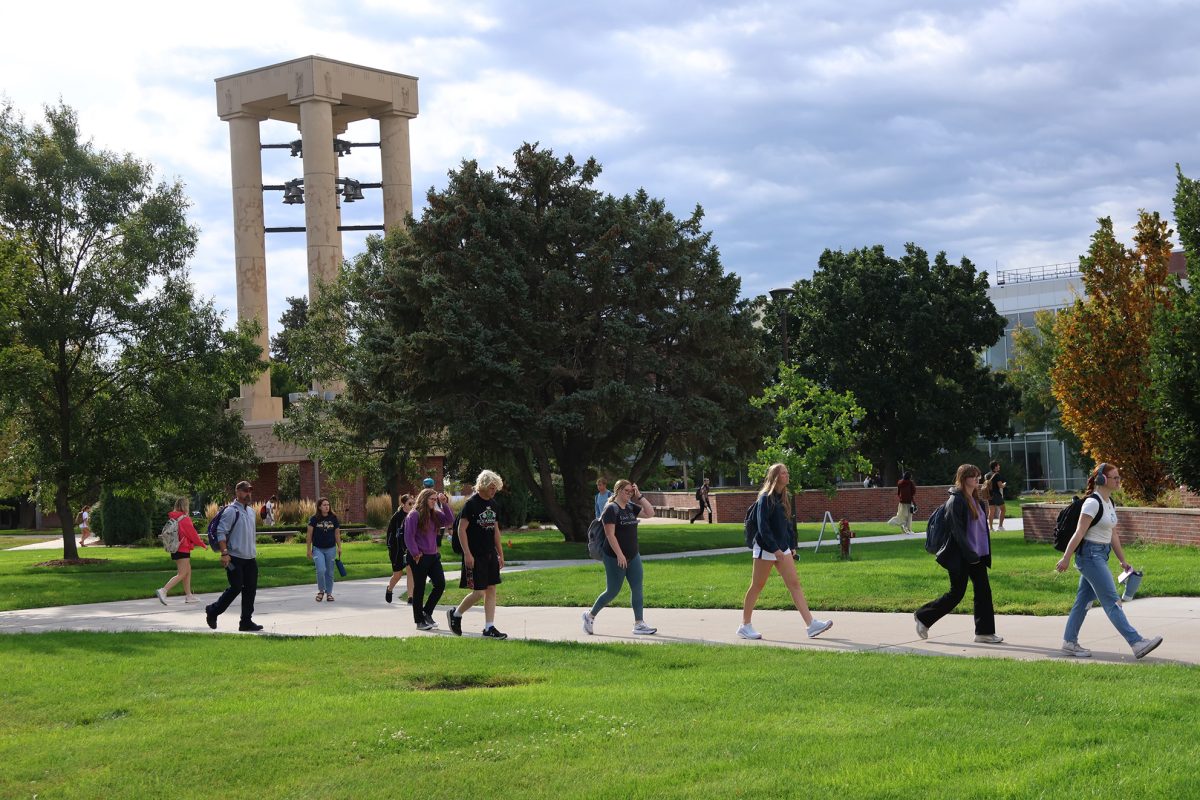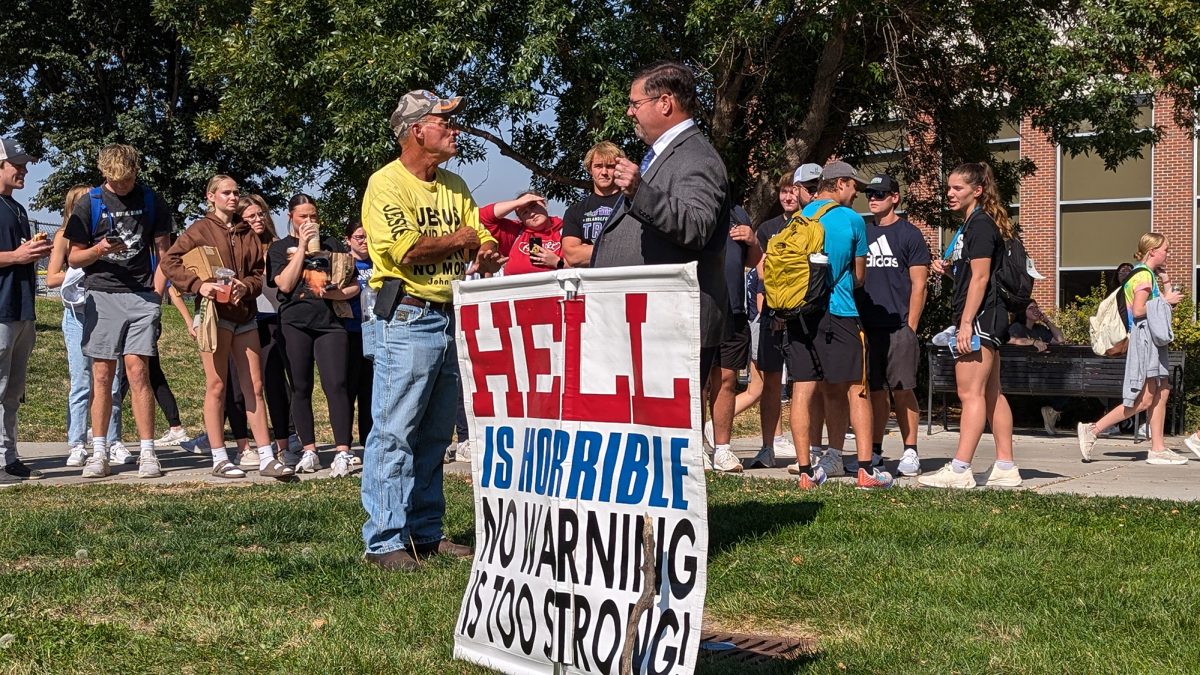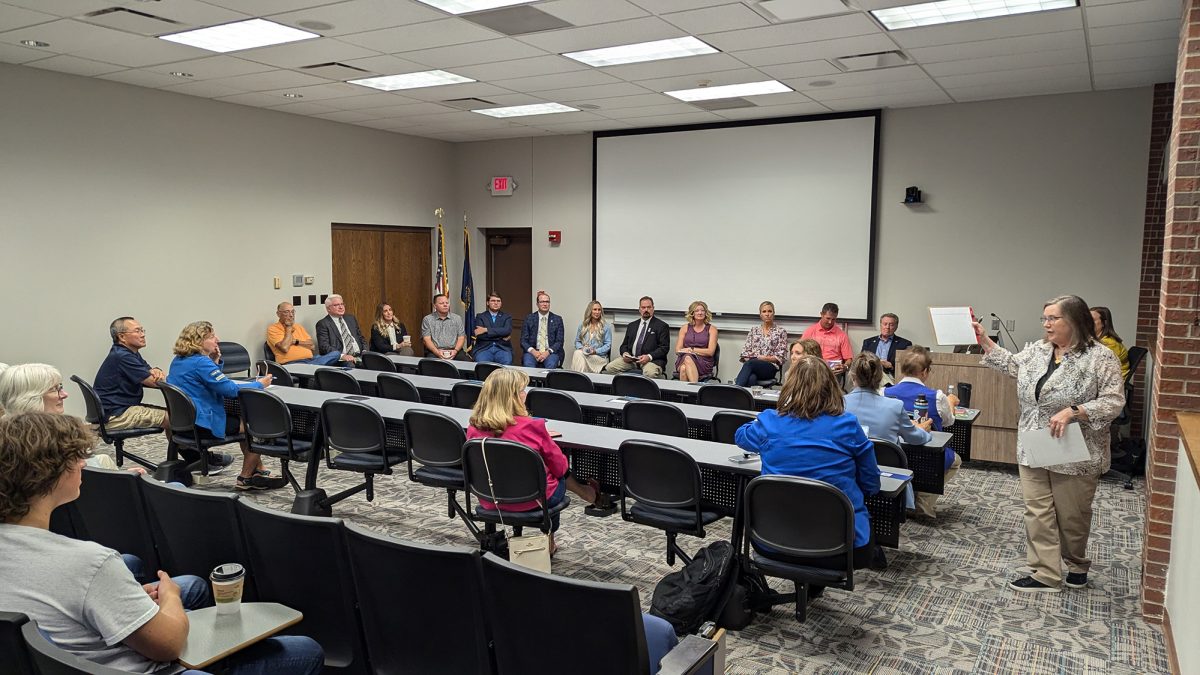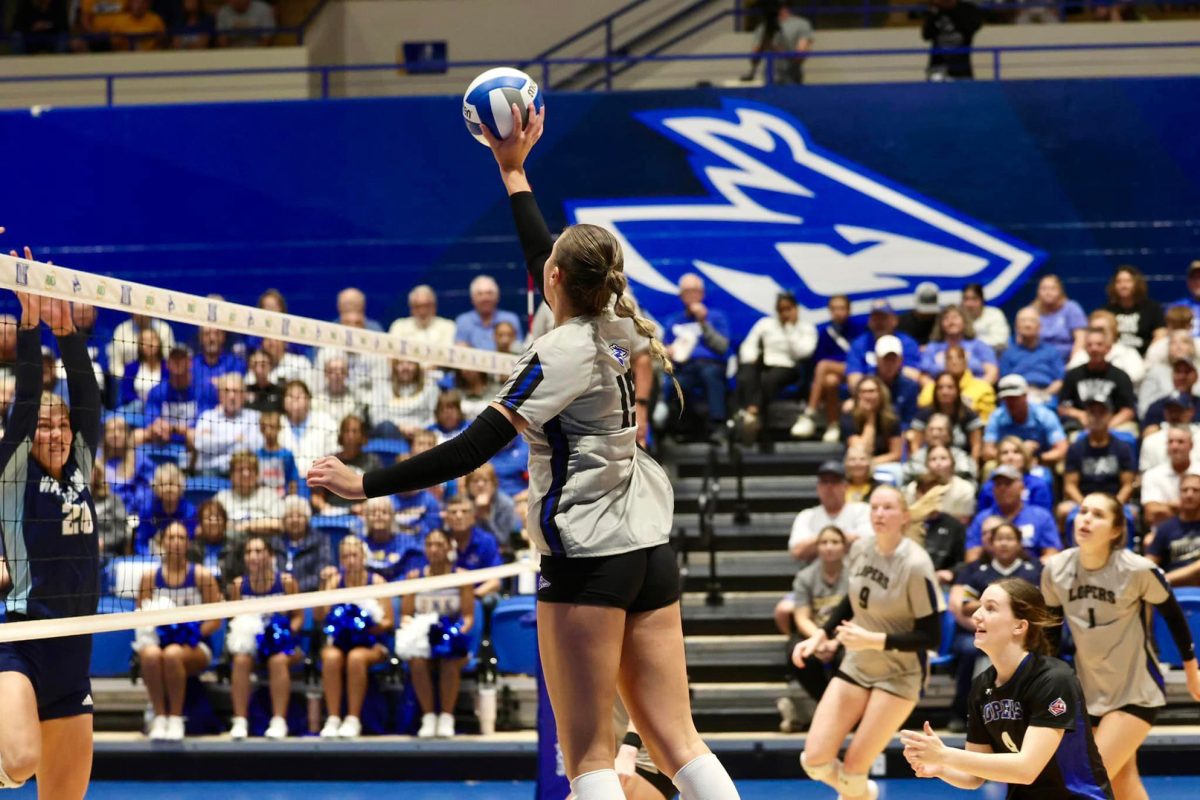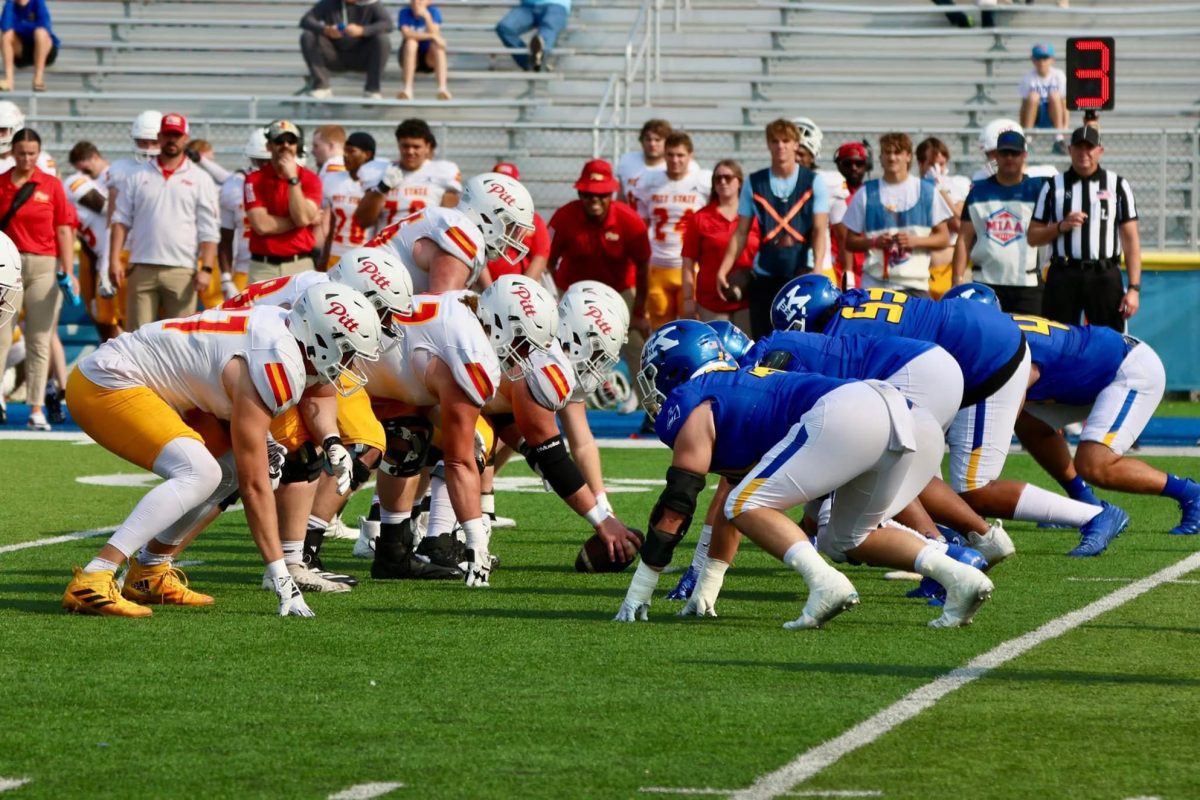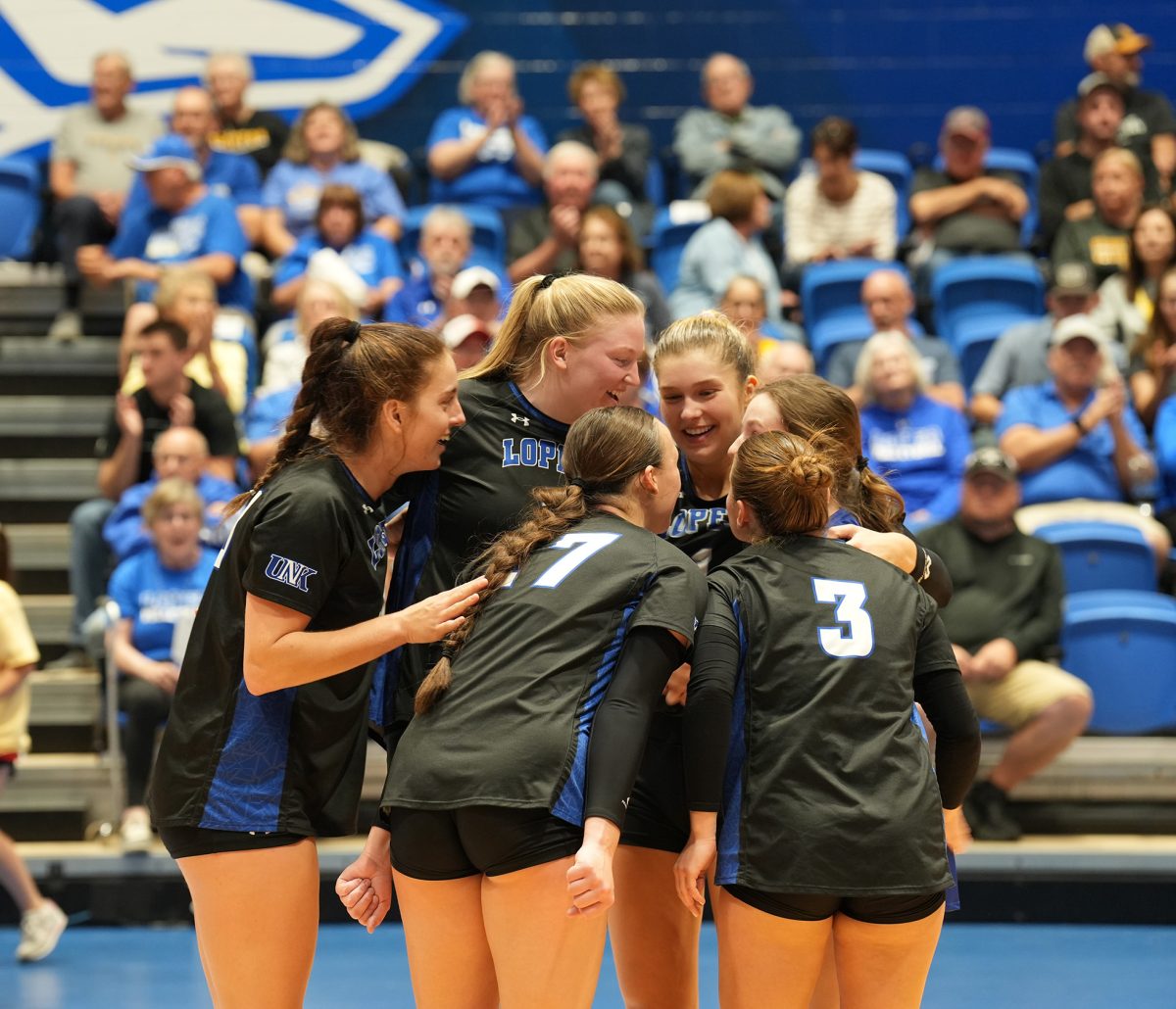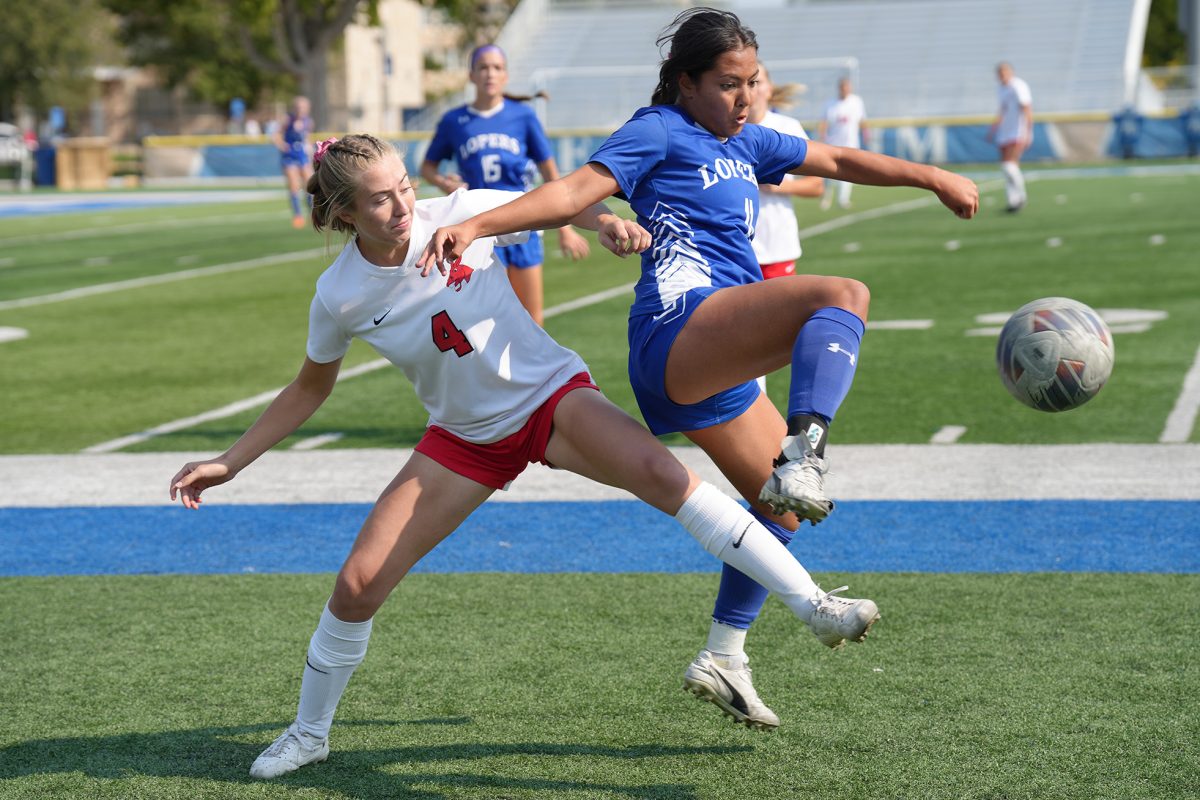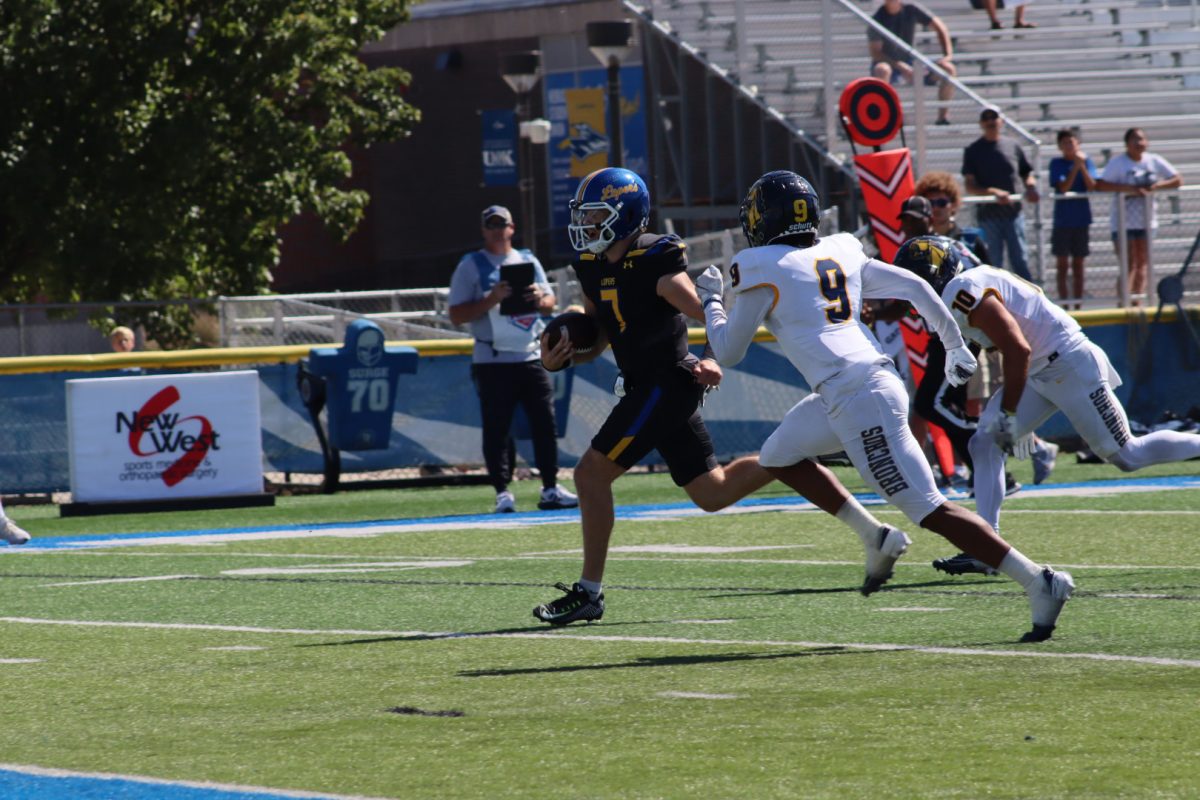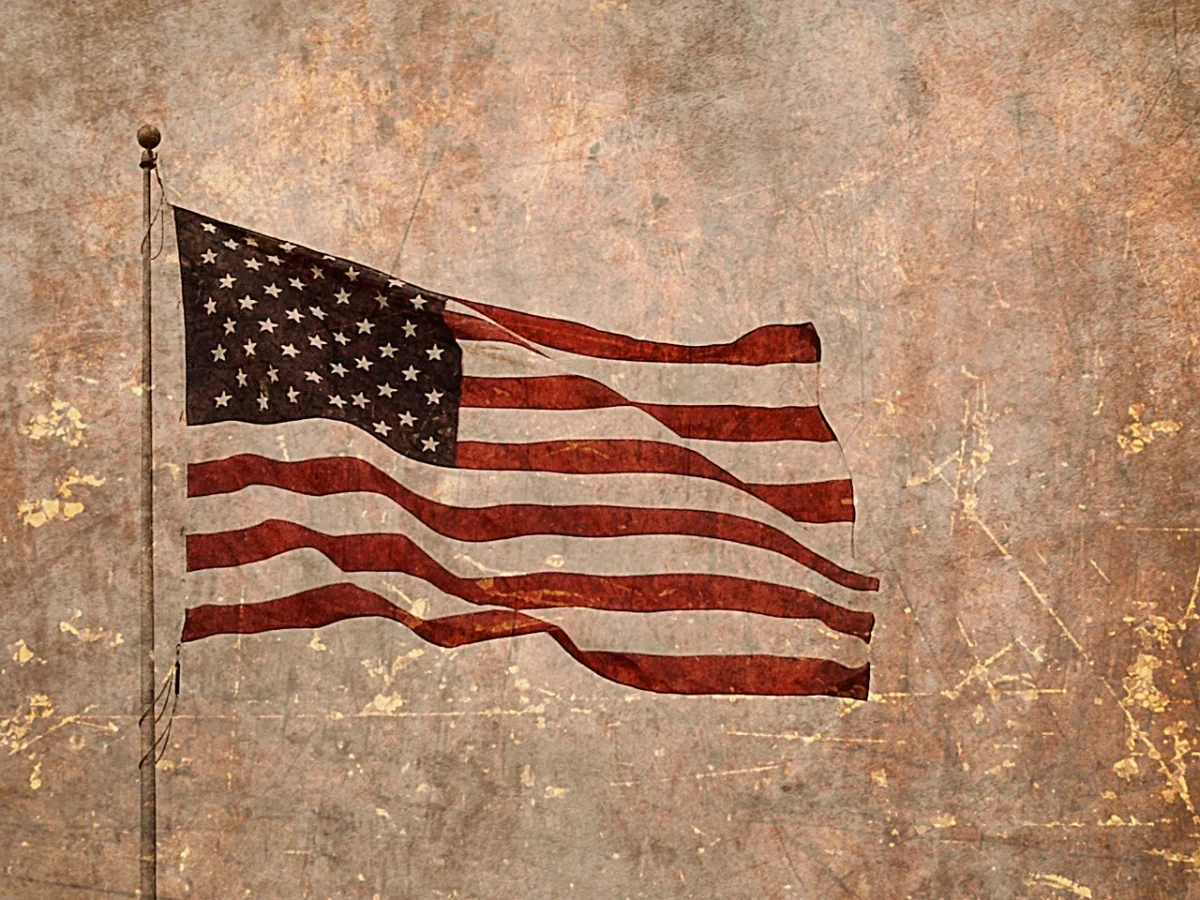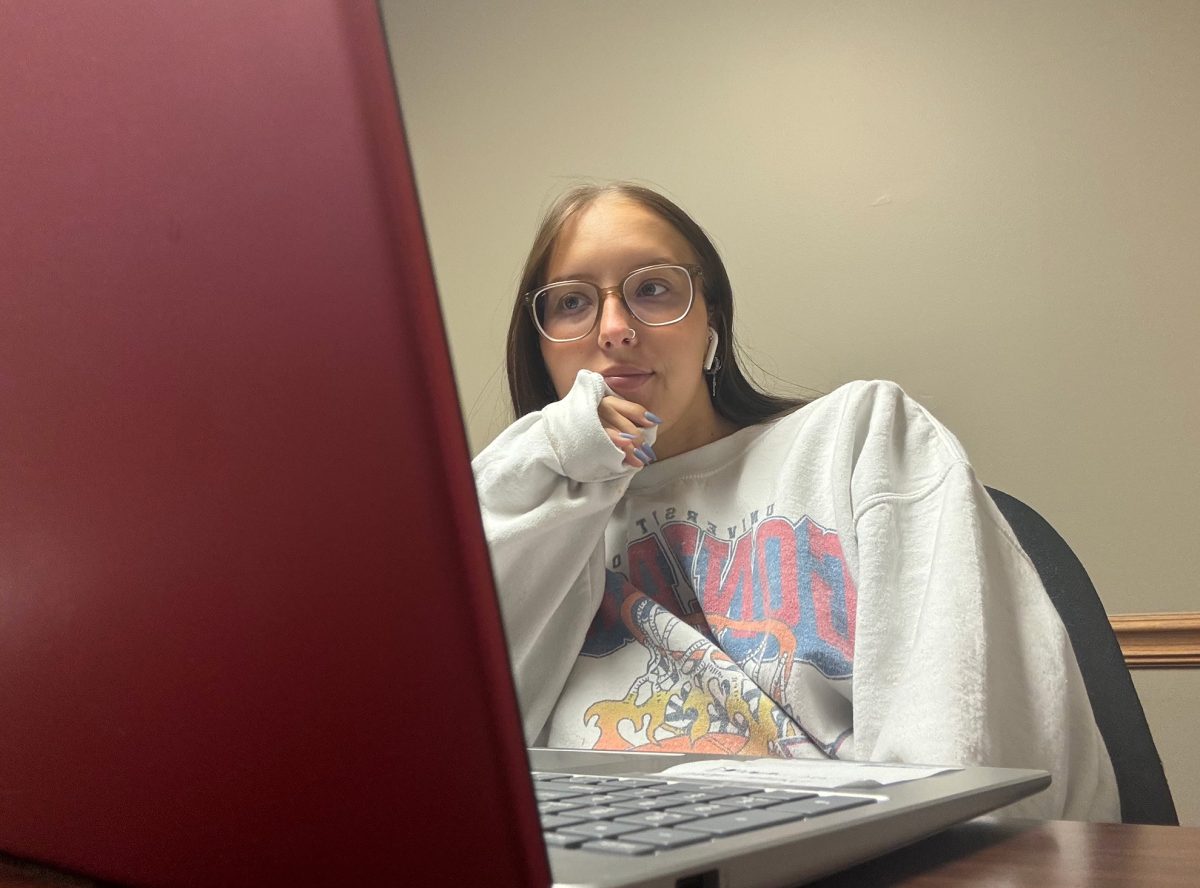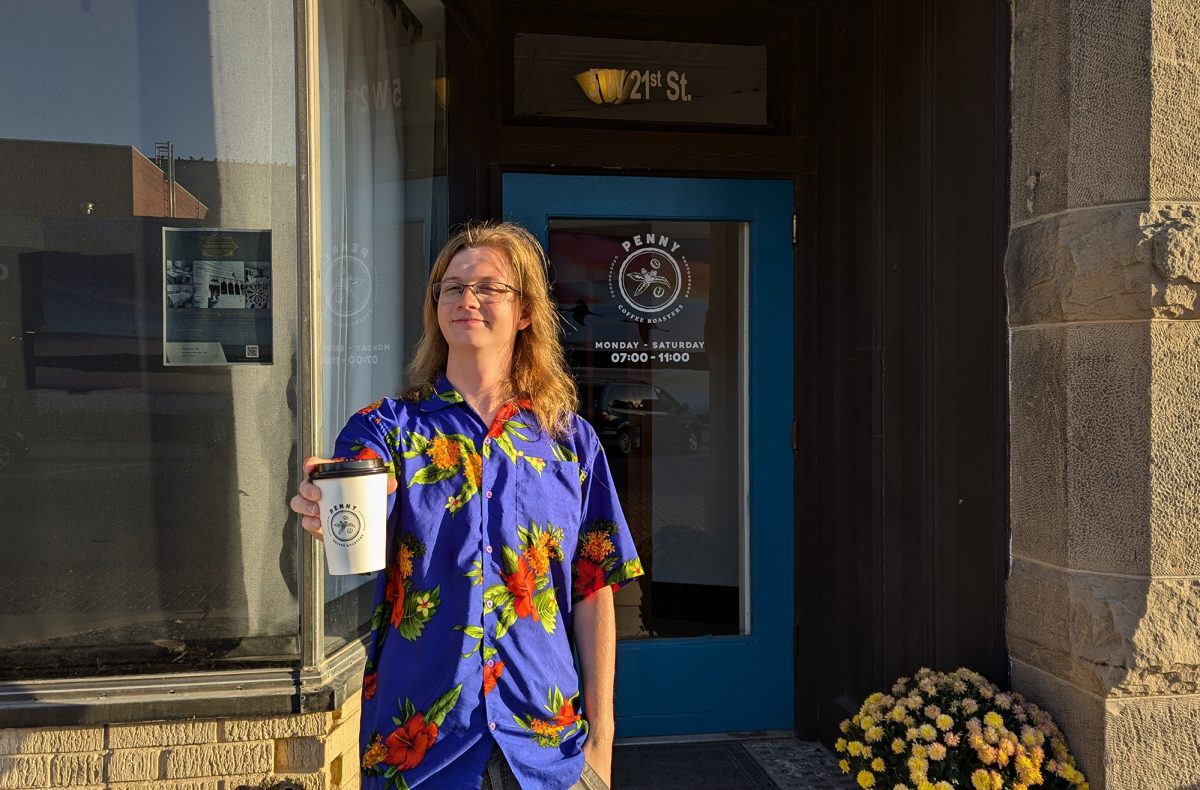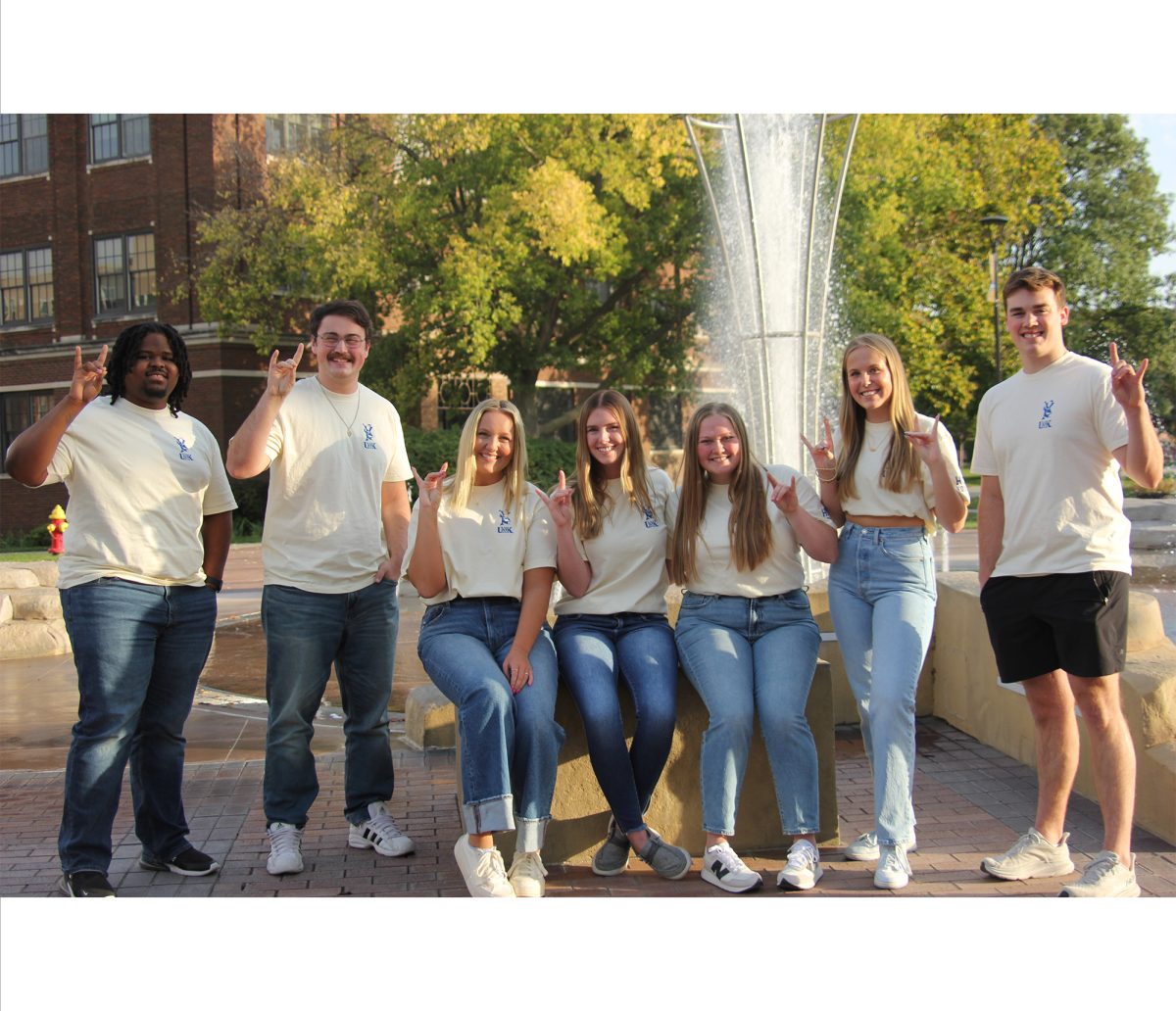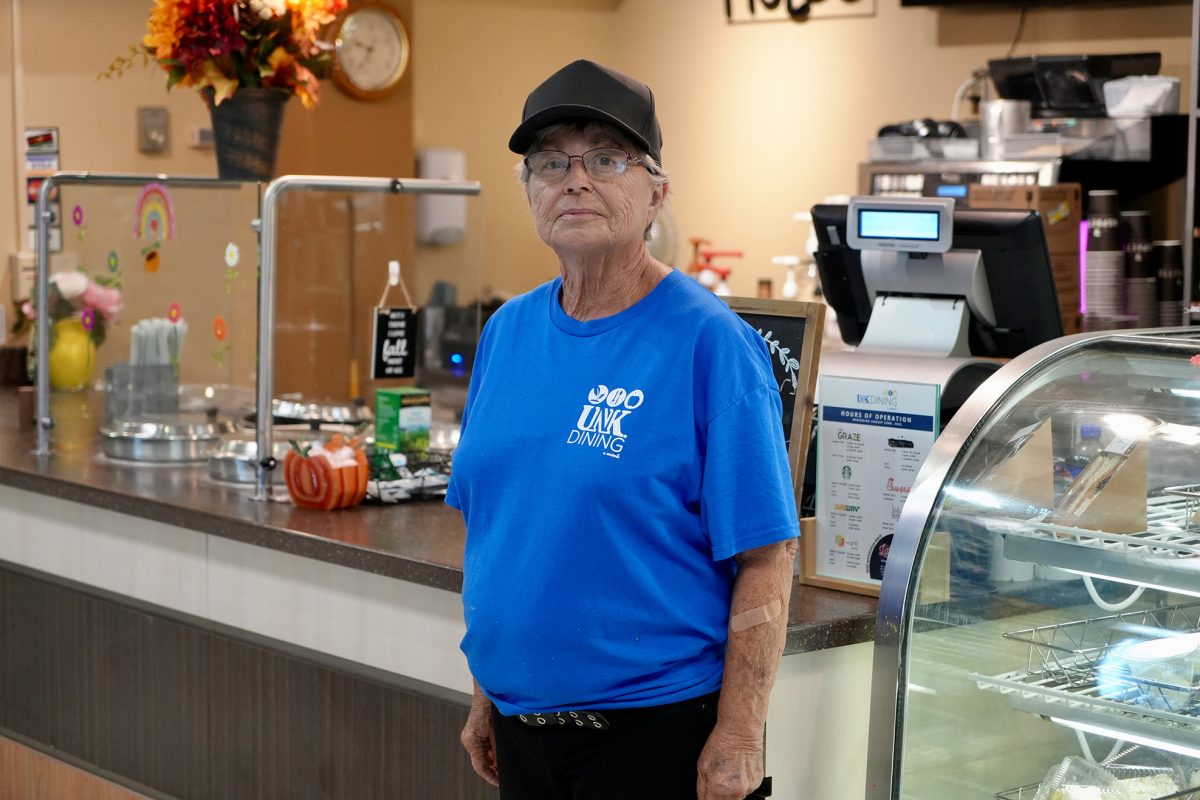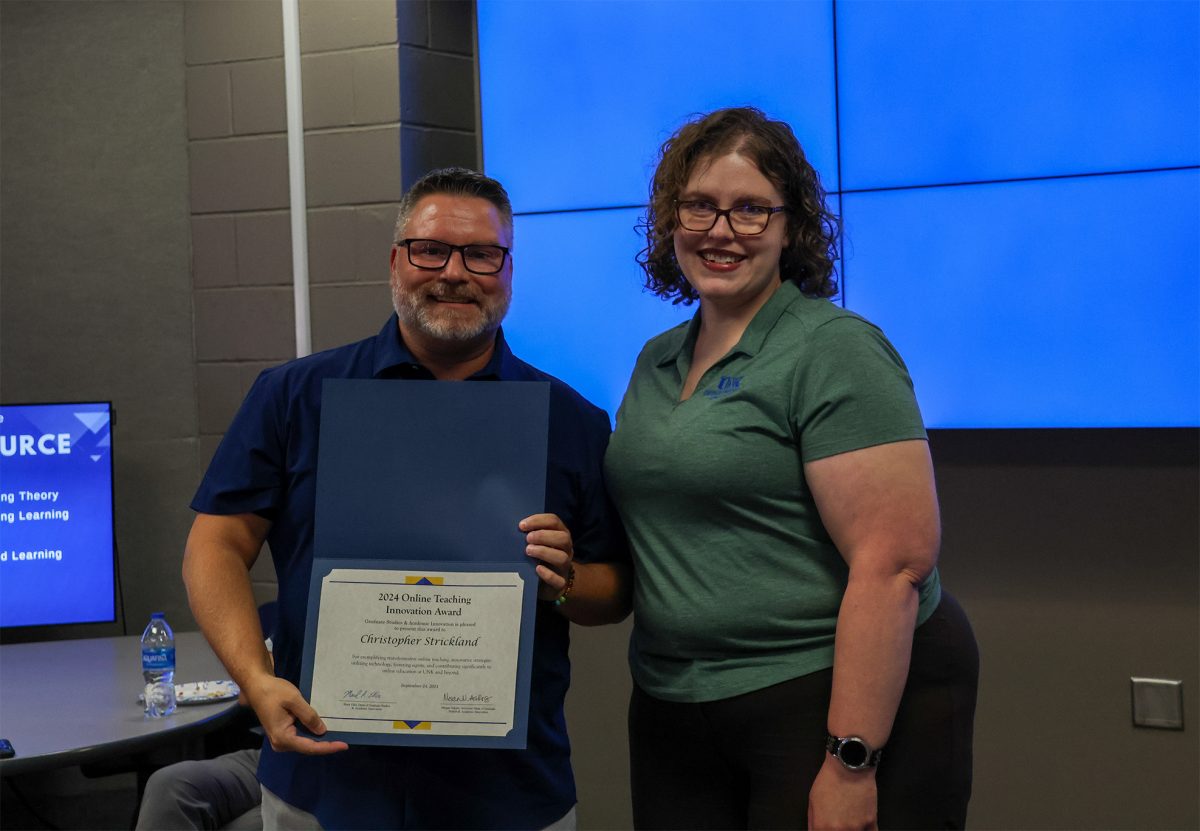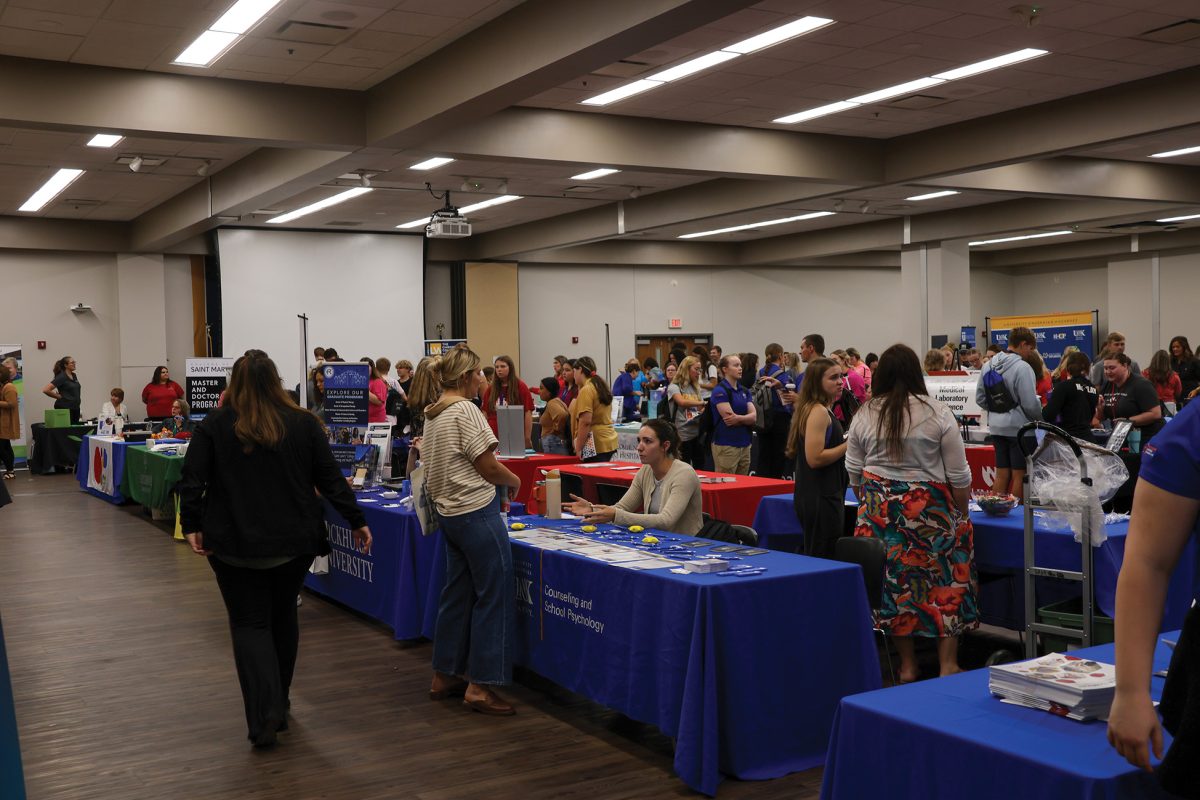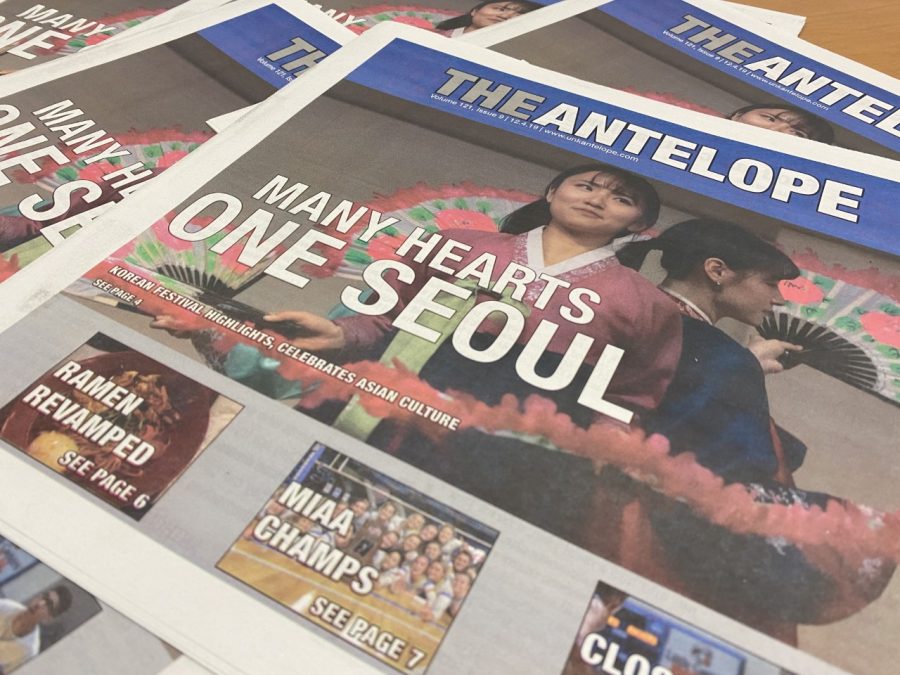HALEY PIERCE
pierceha@lopers.unk.edu
Discussions of dinnertime for college students might center on ramen noodles and Easy Mac jokes, but for as many as half of all college students, food insecurity represented a serious concern.
According to “Feeding American,” food insecurity is a federal measure of a household’s ability to provide food for itself. A study from Temple University this year found that 45 percent of college students had been food insecure in the last month. Students may limit portions or skip meals altogether to afford other college expenses, and when they do eat, oftentimes the food does not have significant nutritional value.
A study by Anthony Jack at Harvard’s College of Education found that food insecurity is, at least in part, a result of expanded access to higher education. However, Jack also noted that rising tuition costs coupled with a decrease in financial aid has contributed to the problem across the country.
More years in school also correlates to greater chances of food insecurity. For students having been enrolled less than one year, the Temple University report found food insecurity at a rate of 40 percent. This number increased to 62 percent for students in their fourth year. Presumably, many of these first year students lived on campus and had a meal plan, a factor Jack has found can decrease chronic food insecurity. However, many of these students can still suffer from episodic food insecurity. When campuses close, especially over short breaks, their dining halls close, and students struggle to feed themselves.
Food insecurity isn’t a temporary problem; it has lasting effects. A lack of access to nutritious food can have negative impacts on an individual’s academic performance. The Temple study found food insecurity was linked to lower GPAs and lower graduation rates.
The Hope Center at Temple University suggests campuses can help tackle food insecurity in the short term by offering food pantries and redistributing leftovers from dining halls. At UNK, this takes the form of the Big Blue Cupboard, a food pantry for all students housed in the Office of Student Diversity and Inclusion that was opened in 2012 after identifying a need on UNK’s campus.
Still, Jack argues that systematic, policy level changes are necessary to address the problem. Among his proposals are increasing dollar amounts of federal Pell grants to reflect true costs of attending college and expanding the national school lunch program to include colleges.
The Temple report also found that 68 percent of college students who have experienced food insecurity are employed. Jack emphasizes this in his argument for expanding aid programs.
“These aren’t students who are just trying to be lazy,” Jack said. “They are trying to live up to an American dream to get an education, so they can get a job, so they can support themselves and their families.”

